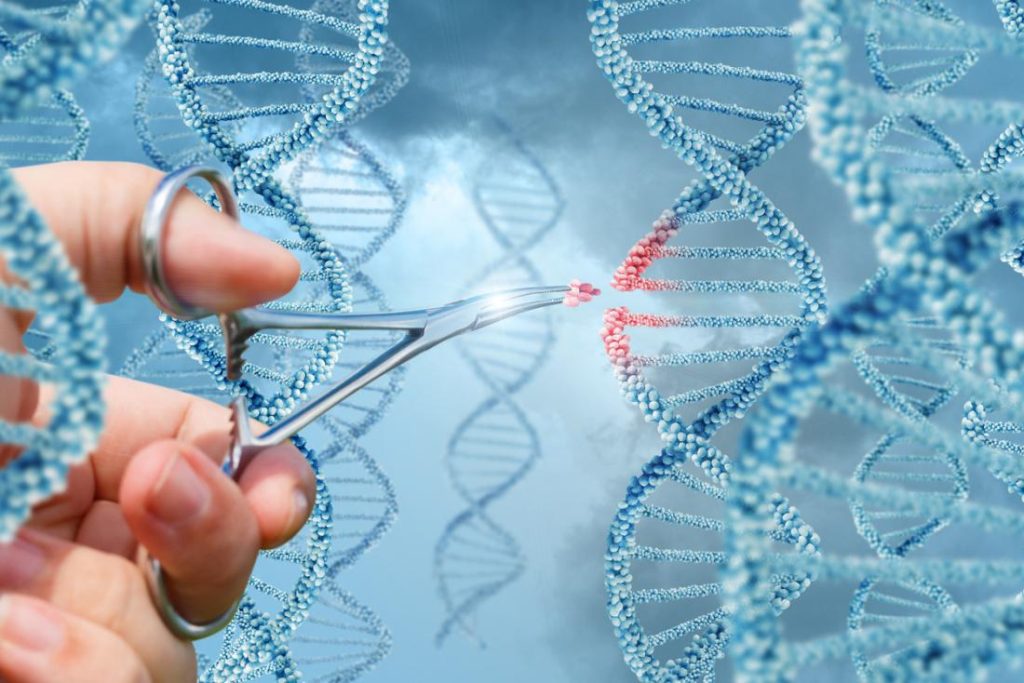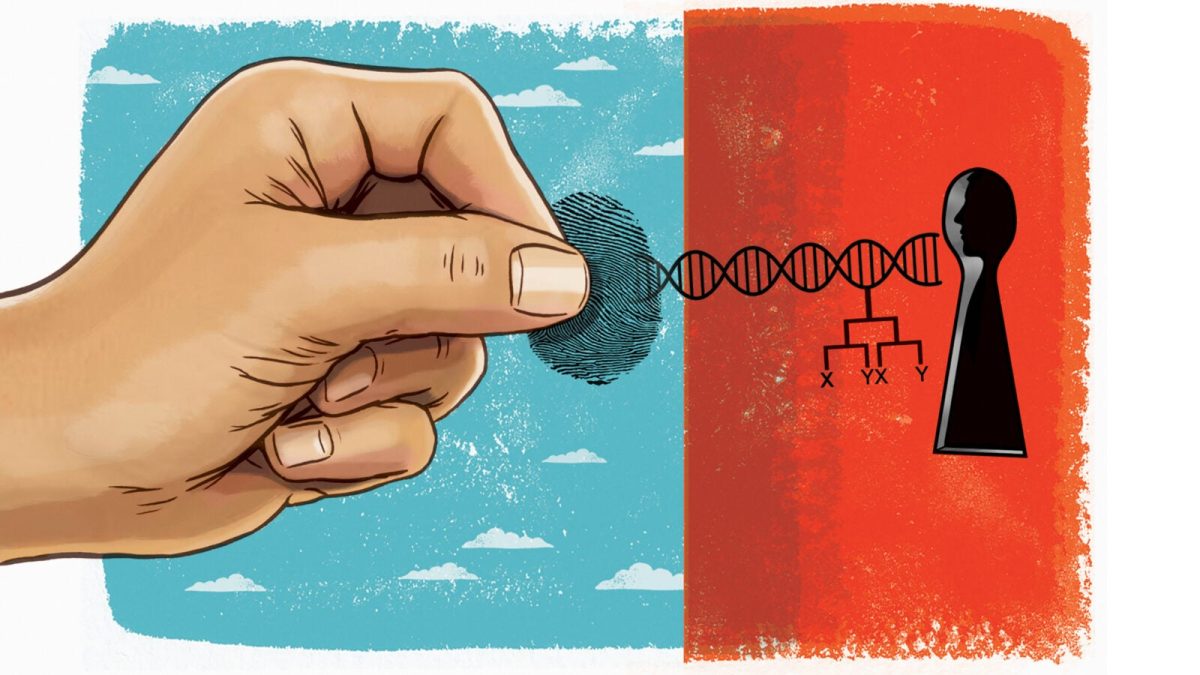In the ever-evolving landscape of scientific advancements, few innovations like Clustered Regularly Interspaced Short Palindromic Repeats, or CRISPR for short, have captured the world’s imagination and curiosity. This groundbreaking technology has heralded a new era in genetic engineering, offering scientists unprecedented precision and control in gene editing. But with great power comes great responsibility, and the ethical implications of CRISPR and gene editing, in general, have ignited fervent discussions across various sectors of society. This comprehensive article delves into the intricate ethical considerations surrounding gene editing, exploring its potential benefits, the moral dilemmas it raises, and the regulatory frameworks that attempt to balance scientific progress and ethical boundaries.
Unlocking the Potential of CRISPR
CRISPR technology, which acts as a molecular pair of scissors to snip and replace genetic material with remarkable precision, holds immense promise for the advancement of medical science. It offers the potential to treat and even cure many genetic diseases that have plagued humanity for generations. Disorders like cystic fibrosis, sickle cell anemia, and Huntington’s disease, once considered incurable, now stand on the precipice of being defeated, thanks to CRISPR’s extraordinary capabilities. The ability to edit faulty genes at the molecular level presents a ray of hope for millions of patients and their families, promising a future free from genetic diseases.
The Moral Quandary
However, as we navigate the uncharted waters of gene editing, we confront many ethical dilemmas that demand careful consideration. One of the primary concerns revolves around the concept of “designer babies,” where parents may seek to enhance their offspring’s genetic attributes, such as intelligence, athleticism, or physical appearance. While the allure of creating genetically modified superhumans is undeniable, it raises fundamental questions about the ethics of tampering with the very essence of human identity.
Furthermore, the potential for unintended consequences looms large. What if CRISPR technology’s genetic alterations result in unforeseen complications or long-term health risks? Can we predict the far-reaching implications of these genetic modifications? These ethical concerns underscore the need for robust regulatory frameworks to ensure responsible and ethical use of gene-editing technologies.
Navigating the Ethical Maze
To address these ethical difficulties, it is crucial to establish a set of guiding principles and regulations that govern the ethical use of CRISPR and gene editing. Many countries have already taken steps in this direction by enacting legislation and guidelines to oversee the application of gene-editing technologies in research and clinical settings.

These regulatory frameworks emphasize transparency, accountability, and adherence to ethical standards when conducting genetic experiments. They often require rigorous ethical review boards to assess and approve research proposals involving gene editing, ensuring that experiments are conducted with utmost responsibility and consideration for potential consequences.
The Role of International Cooperation
The global nature of science and technology necessitates international cooperation and consensus on ethical standards. Gene editing knows no borders, and ethical dilemmas from its use transcend national boundaries. As such, international organizations and scientific communities must work together to establish a unified ethical framework that guides the responsible application of CRISPR and other gene-editing techniques.
Conclusion
In the rapidly advancing field of gene editing, CRISPR stands as a beacon of hope, offering the potential to alleviate human suffering and cure genetic diseases that have plagued humanity for centuries. However, the ethical considerations surrounding this technology are profound and demand our unwavering attention.
As we continue to unlock the secrets of the genetic code, we must proceed with the utmost caution, respecting the sanctity of human life and the fundamental principles that define our shared humanity. Regulatory frameworks, ethical oversight, and international cooperation are the cornerstones of responsible gene editing, ensuring that we harness the power of CRISPR for the betterment of humankind while avoiding the pitfalls of unchecked scientific experimentation.

